10 Ways To Reduce Freshwater Consumption On Ships
Freshwater on board ships is used for a variety of purposes. From domestic uses such as drinking and washing to ship operation purposes such as machinery cooling and cleaning, fresh water is of utmost importance on board ships.
Though freshwater generators are installed on ships to convert sea water to salt water, they are usually of smaller capacities, supplying less quantity than demanded. Moreover, it’s not feasible to take freshwater and store in tanks on every port (Shipping companies have to pay for it). Thus, crew members are advised to reduce fresh water consumption on board ships as much as possible.
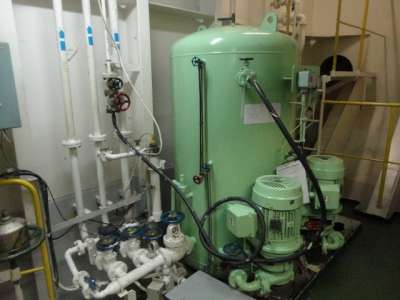
Mentioned below are 10 ways in which fresh water consumption can be practiced on board ships.
1. Advice Crew Not To Waste Water: The ship’s master must advice the crew to avoid unnecessary wastage of freshwater during domestic use. Fresh water usage can also be reduced by creating awareness for the importance of fresh water and adequate usage of the same on board ships.
2. Repair Accommodation Leakages Immediately : Leakages of freshwater in the accommodation not only leads to wastage but also unnecessary filling of waste water tank. Leakages in freshwater pipelines must be attended at the earliest.
3. Reduce the Flow of Shower Head: One useful way to reduce freshwater consumption in the accommodation area is by reducing the flow of shower head in all officer and crew cabins. The same can also be done with toilet flushes.
4. Check the Pressure of Hydrophore: To reduce the flow of freshwater coming out of the taps and also to prevent leakages, avoid raising the pressure of the hydrophore above 80% of the design pressure of the pipes.
5. Vacuum Toiler System : Though this is more of a design related solution, it is found that ships with vacuum toiler system tend to save a lot of water than those having water flush system. According to some reports, the vacuum toilet system reduces water consumption from 8 liters to 1 liters per flush.
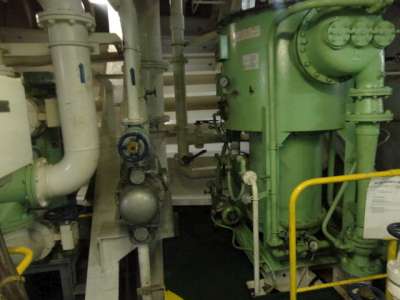
7. Keep a Track of Fresh Water Quantity: Keep a proper track of freshwater consumption in the ship’s engine room and accommodation. Search for faults and rectify them at the earliest in systems/areas which are consuming more freshwater than normal.
8. Thoroughly Check Main Engine and Auxiliary Engine Jacket Water Systems: Keep a close watch on the main engine and auxiliary engine jacket water systems as they are the largest consumers of freshwater. Failing to rectify leakages in these systems can lead to loss of huge quantity of freshwater.
9. Frequently Check the Salinometer: It is extremely important to frequently check the salinometer of the FWG. There have been several cases in the past where the salinometer has stopped functioning, leading to total contamination of freshwater in the freshwater tank as a result of mixing with sea water.
10. Check Boiler Frequently: Boiler is yet another machinery in the ship’s engine room which consumes a lot of water. Check boiler for water and steam leakages to prevent loss of large quantity of fresh water.
Apart from the mentioned common ones, there are several other places on the ship where fresh water wastage is seen. If you know any other important point that must be added to the list to save freshwater, let us know in the comments below.
Do you have info to share with us ? Suggest a correction
Latest Shipboard Guidelines Articles You Would Like:

About Author
An ardent sailor and a techie, Anish Wankhede has voyaged on a number of ships as a marine engineer officer. He loves multitasking, networking, and troubleshooting. He is the one behind the unique creativity and aesthetics at Marine Insight.
Subscribe To Our Newsletters
By subscribing, you agree to our Privacy Policy and may receive occasional deal communications; you can unsubscribe anytime.



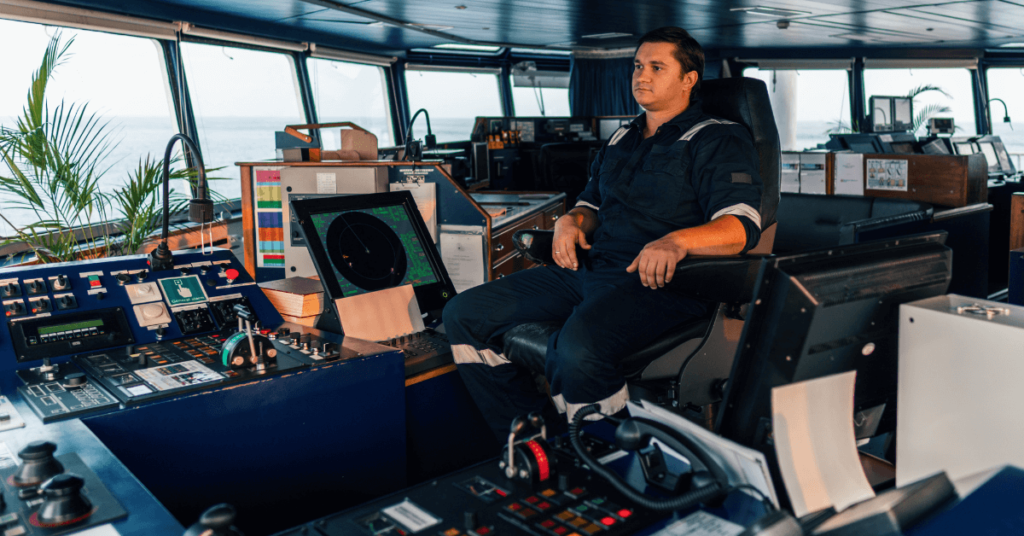
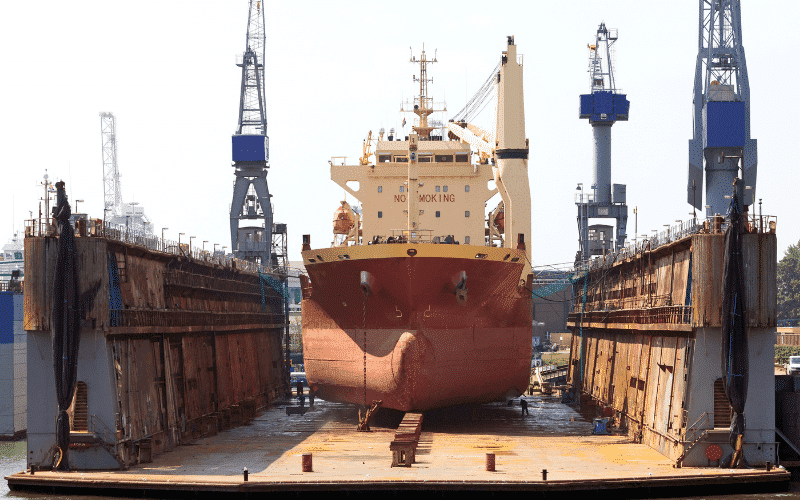

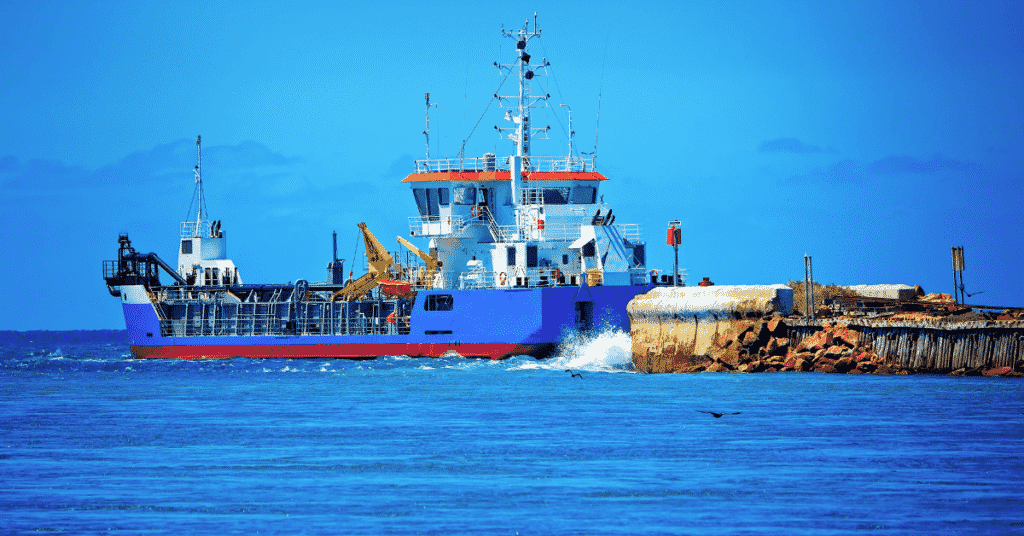
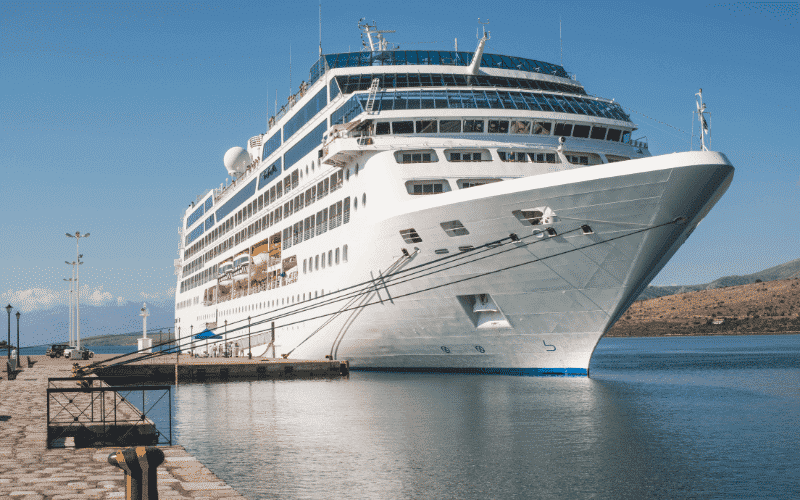
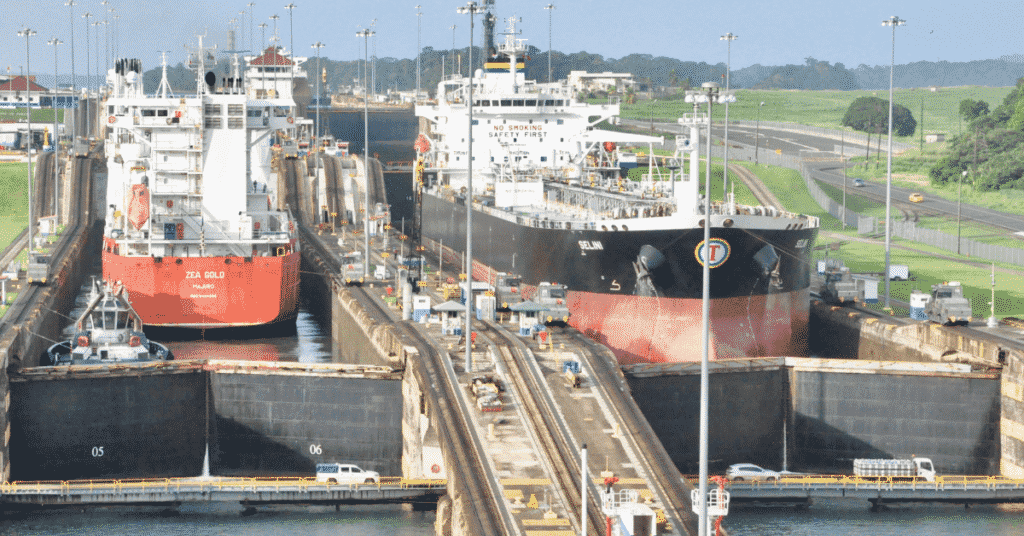

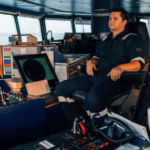
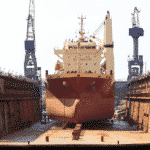

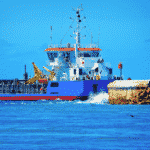
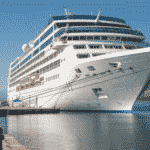
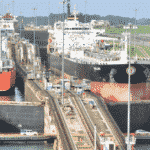
Boiler water cascade tank and expansion tank to be filled manually and keep track of consumption , so that any abnormality cannt go undetected.
Deck washing with fresh water is also a job in which lot of fresh water is consumed. People involved in this job must be adviced to use as less water as possible for the same and a cock must be fitted on the hose to regulate or stop flow of fresh water
@neelambar singh Very rightly said. Also one other method is to enter the cascade tank flow meter reading everyday in the log book. That way you can keep a track of it day-wise and come to know if something is wrong. Once I remember we found a sudden jump in the flow meter reading for a couple of days only to investigate and find there were two major leaks in the steam lines to bunker tank heating.
Some times its not necessary to used d freshwater for deck used, we can used sea water and convert to fresh water and used instead,and engineer have to keep watch on oll the fresh water tank and itz whereabout